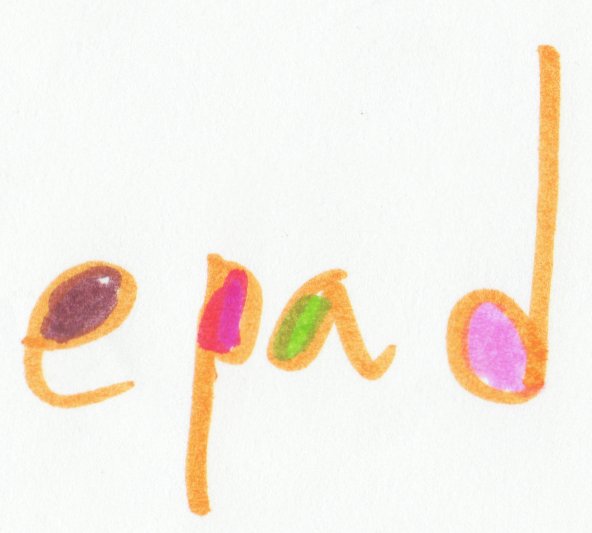Benefits of the Creative Arts for Cognitively Disabled Older Adults
Being engaged with visual and performing arts provides opportunities for people with dementia to express themselves creatively. Through the process of creating an image or participating in a song for example, a person with dementia may access long or short term memories. Being engaged in the arts may provide an access to emotions, self-exploration, thoughts, dreams and hopes.
While scientists are racing to find a cure, according to the Alzheimer Society of Canada, about half a million Canadians were living with dementia in 2009. The arts provide a non-pharmaceutical approach that helps alleviate anxiety and confusion and provide some respite for people with dementia and their caregivers. Being engaged in the arts is a positive way of maintaining or improving one's quality of life, especially those who live with dementia. In fact, long term care facilities often employ professional art therapists who are trained to engage persons with dementia in creative processes for the purpose of improving and enhancing their physical, mental, and emotional well-being.
Art therapists are professionals whose job is to work with older adults to engage them in artistic activities that increase quality of life by promoting autonomy and independence. Key goals of art therapy for older adults are promoting the person's autonomy and independence, and fulfilling their need to be meaningfully engaged or occupied, thereby possibly increasing the person's ability to engage in the world around him/her. Find out more about art therapists and their work at British Association of Art Therapists (BAAT), the Canadian Art Therapy Association and the American Art Therapy Association
Related Films
The documentary film I Remember Better When I Paint examines the way creative arts bypass the limitations of dementias such as Alzheimer's disease. The film highlights how patients' still-vibrant imaginations are strengthened through therapeutic art.
